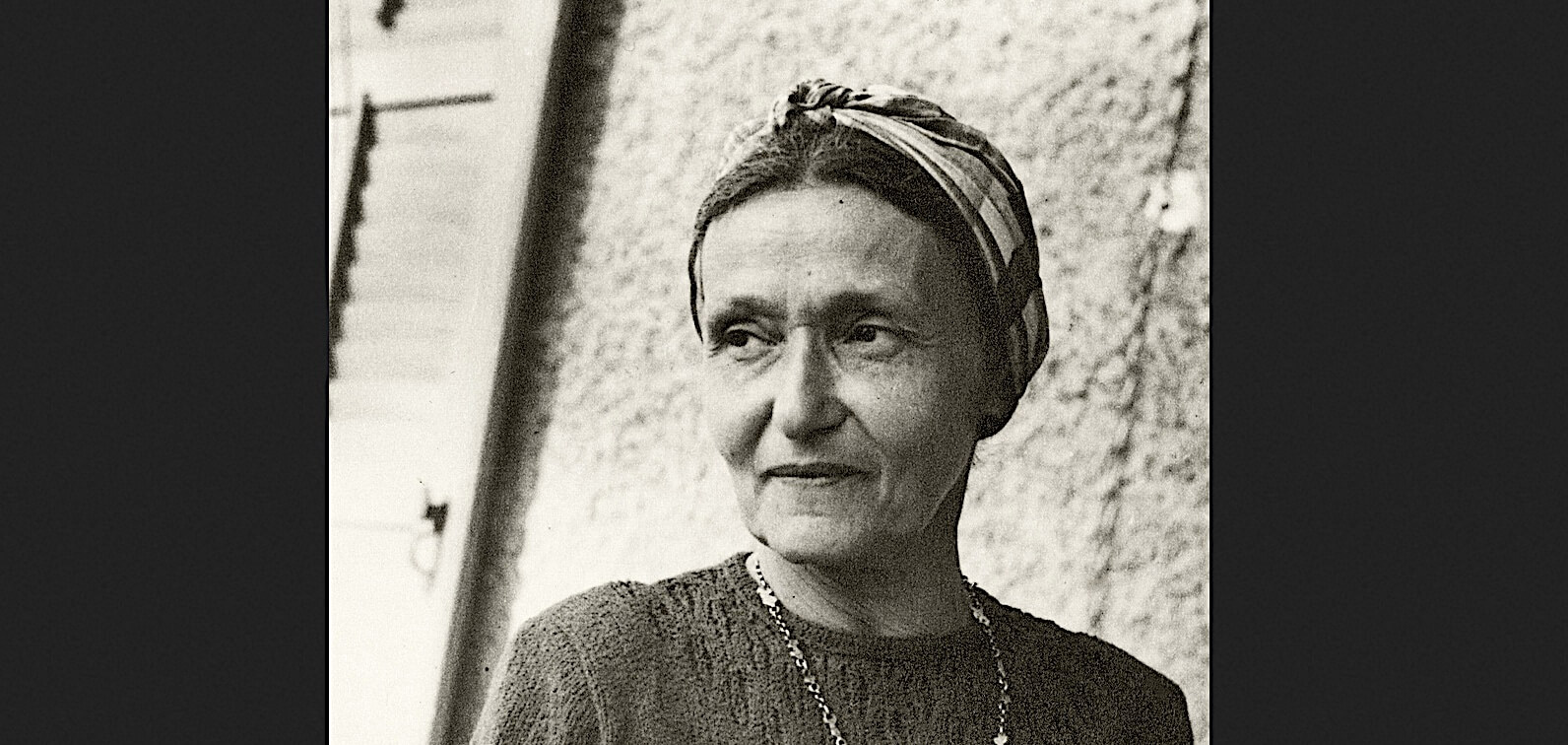What popular children’s poet Kadya Molodowsky wrote about her mother
A recurrent theme in her work include the lives of Jewish women and girls and Jewish tradition in the face of modernity.

Graphic by Angelie Zaslavsky
Kadya Molodowsky, the author of Yiddish children’s poems that were very popular in pre-war Poland, also wrote acclaimed poetry for adults. Among the recurrent themes in her work were the lives of Jewish women and girls and Jewish tradition in the face of modernity.
For Mother’s Day, we bring you two poems she wrote in 1925 about her mother, both translated into English by Kathryn Hellerstein in her book, Paper Bridges: Selected Poems of Kadya Molodowsky.
In a tribute to the poet, the Jewish women’s magazine Lillith published an article by Yiddish literature scholar Sheva Zucker that includes the poems in the original Yiddish, the English transliteration and a short biography of the poet. If you understand Yiddish, you can hear Zucker reading other poems about mothers at her blog “Candles of Song.”
Women-Poems
by Kadya Molodowsky
The women of our family will come to me in dreams at night and say:
Modestly we carried a pure blood across generations,
Bringing it to you like well-guarded wine from the kosher
Cellars of our hearts.
And one woman will say:
I am an abandoned wife, left when my cheeks
Were two ruddy apples still fixed on the tree,
And I clenched my white teeth throughout lonely nights of waiting.
And I will go meet these grandmothers, saying:
Like winds of the autumn, your lives’
Withered melodies chase after me.
And you come to meet me
Only where streets are in darkness,
And where only shadows lie:
And why should this blood without blemish
Be my conscience, like a silken thread
Bound upon my brain,
And my life a page plucked from a holy book,
The first line torn?
VIII
Nights when I’m awake
And one by one my past days come
To place themselves before my eyes,
My mother’s life come to me.
And her emaciated hands
Wrapped in modest nightgown sleeves
Are like a God-fearing script on white parchment
And the words of Hamapil are angry
Like fiery coals quenched by her quiet plea,
And they shrivel her mouth
Like a withered plum.
And her tears come drop by drop like a stingy drizzle.
And now that I myself am a woman,
And walk, clad in brown silk
With my head bare
And my throat naked,
And now that my own life’s misfortune has hunted me down
Like a crow falling upon a chick,
Often my room is lit up all night,
And I hold my hands, reproaches, over my head,
And my lips recite a quiet, simple
Plea to God.
And tears come drop by drop like a stingy drizzle.

















